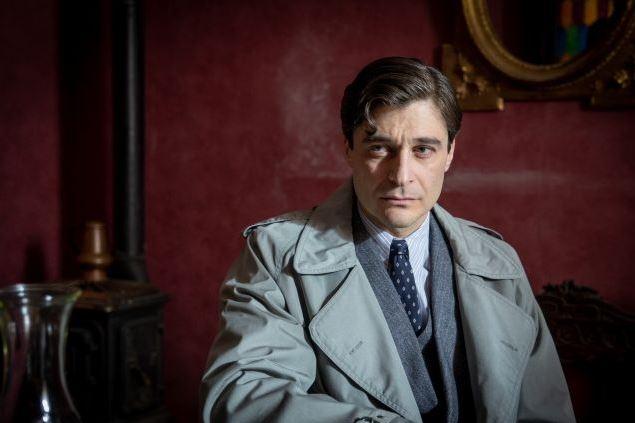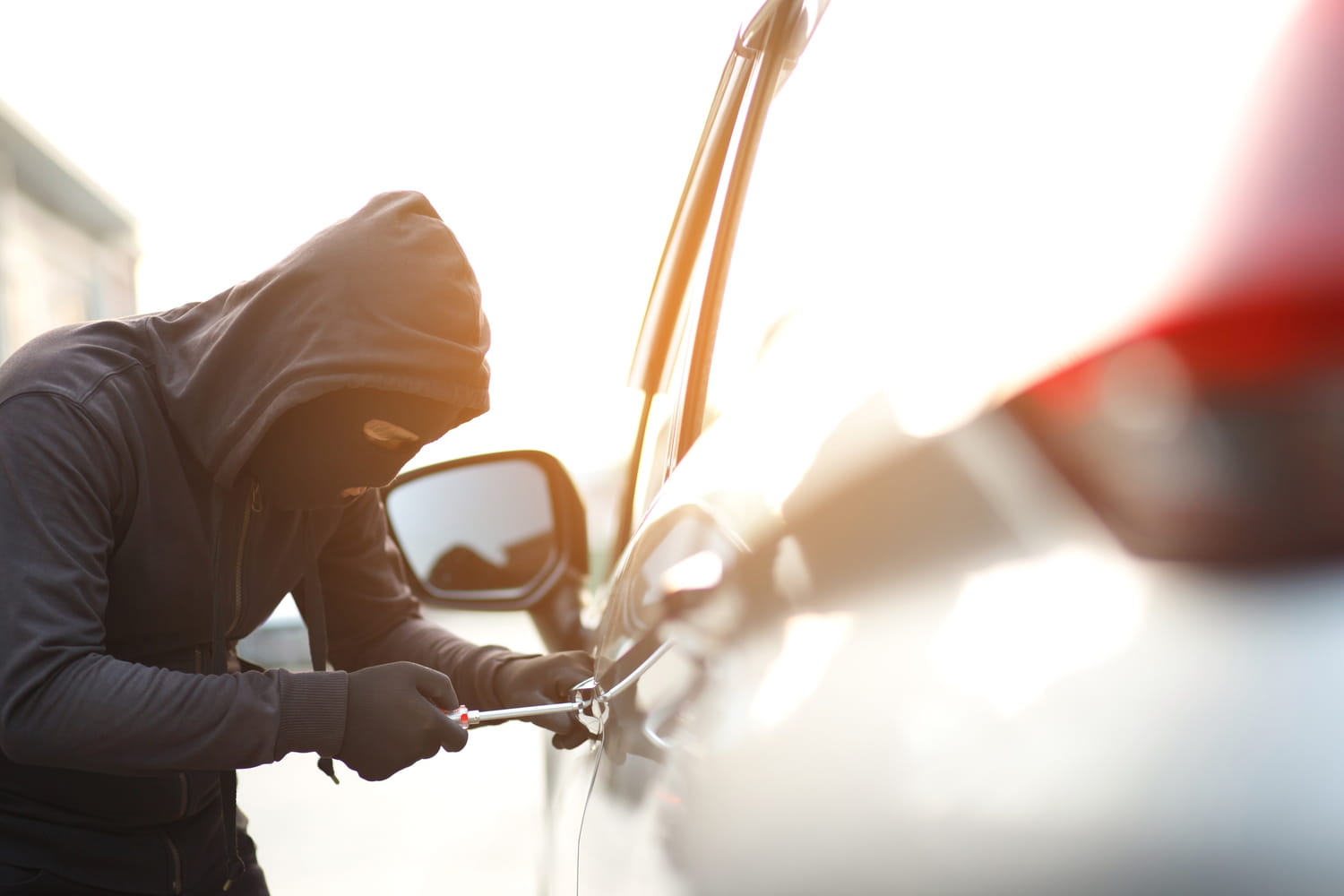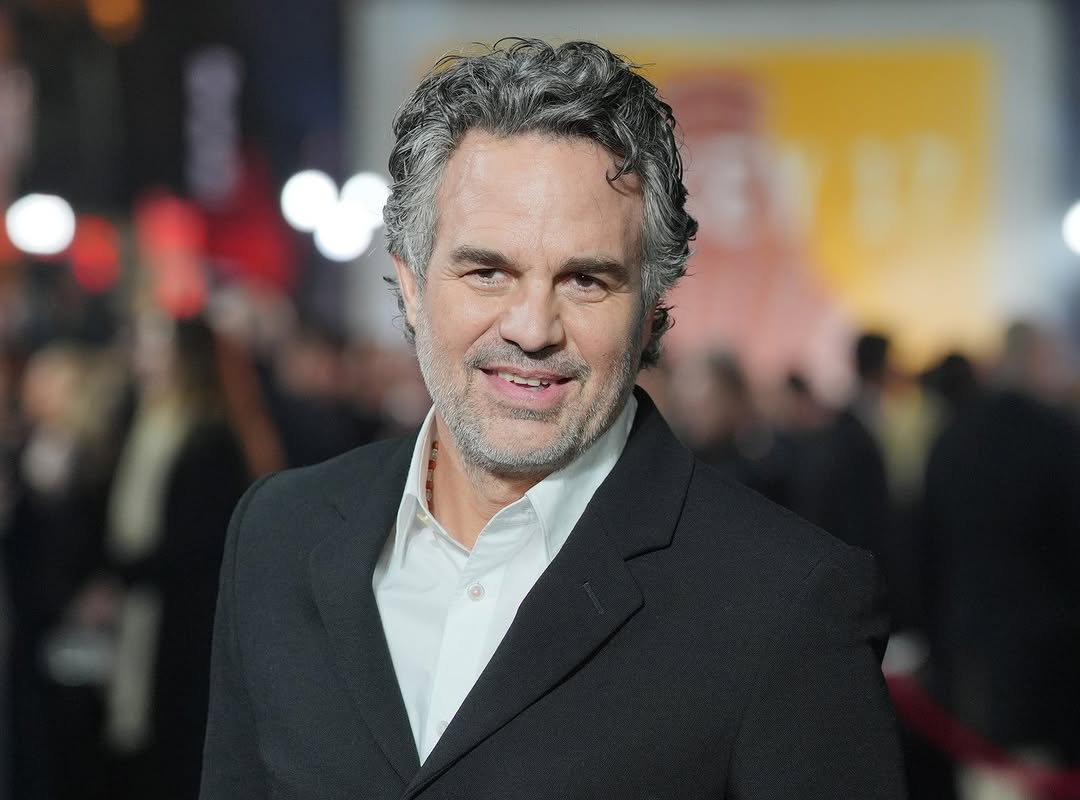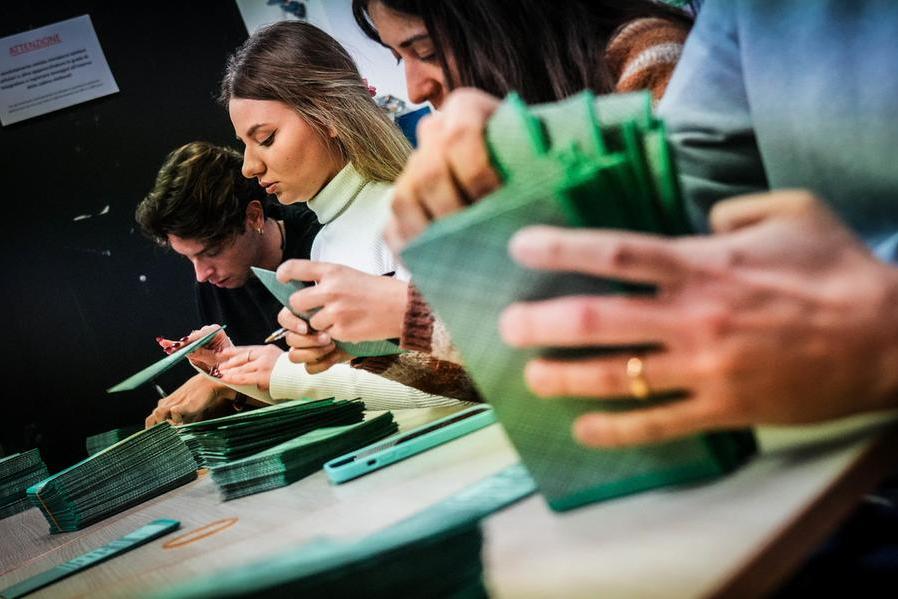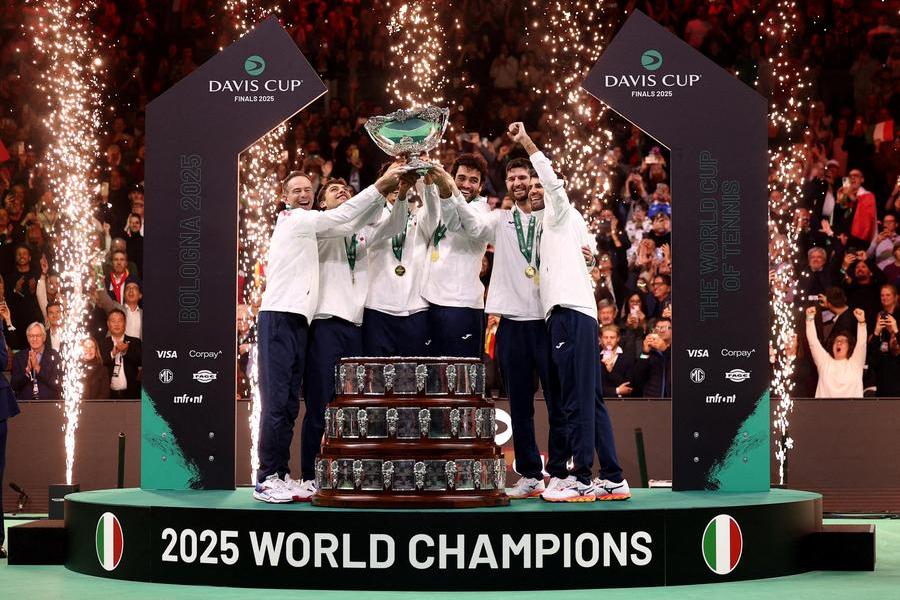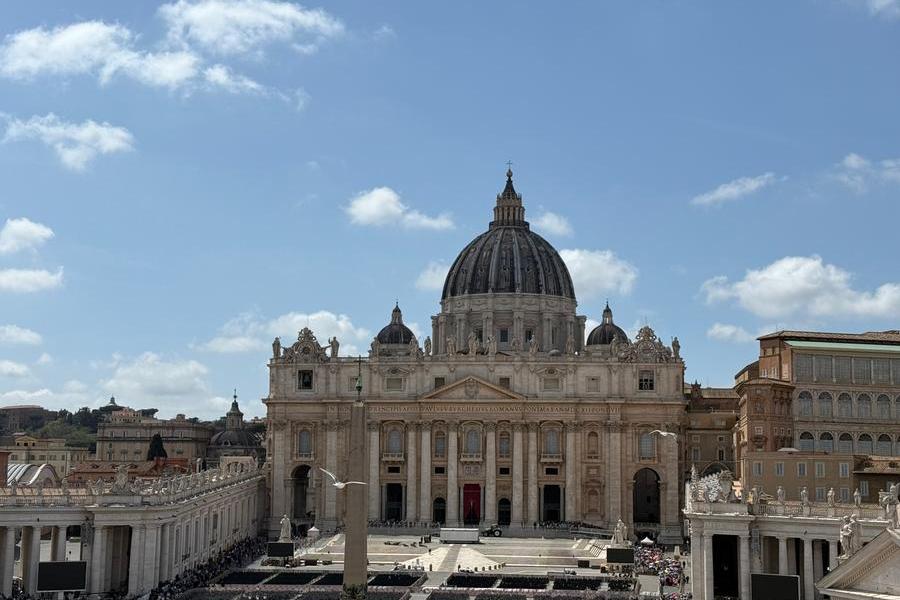Rather than a G20, they ironically call it “G20 minus 3”. And those three – Xi Jinping, Vladimir Putin and above all Donald Trump – they are exactly the heavyweights that no one would have wanted to see absent from the South African summit. The absence that makes the most noise is that of the American President. And not only because in 2026 the United States will assume the rotating presidency: here we are faced with a political gesture calculated with the cynicism that the great powers exercise when they can afford it. After all, the tycoon mocked the United Nations, let alone a “simple” G20.
They already call it “empty chair diplomacy”. It is the strategy with which Trump blatantly signals that he does not recognize the summit as having any primacy in world governanceor. This is nothing new: his distrust of multilateralism has well-known precedents. He prefers to negotiate personally, preferably in some of his private residences, with the axis on the other side of the Pacific. But today that attitude weighs more, because it comes in a context where the rest of the planet is struggling to hold together the pieces of a broken global order.
The paradox is that, while we persist in celebrating the ritual of an increasingly lame G20, the real negotiating ground has moved elsewhere: to Geneva. That’s where the United States and the European Union are working on a peace plan on the war in Ukraine. And the rumors circulating are sensational: the 28-point document in English that brings Zelensky to his knees, to be integrated (or perhaps sweetened) with the European one, appears to be the almost literal translation of a text originally written in Russian. If confirmed, it would mean that Vladimir Putin left his mark on the conditions of the negotiations even before Western diplomacy sat down at the table. All on the skin of 500 thousand Ukrainians who died for the freedom of their country.
Yet, despite everything, the G20 is not just a photo opportunity. Without this minimal effort at multilateralism – even incomplete, even frustrating – the logic of power would be strengthened even further. The forum which brings together the 20 largest emerging and advanced economies represents 85% of the world’s gross domestic product, 75% of global trade, 60% of the planet’s population. It is still the most faithful photograph of the economic balance of power of our century.
The European Union arrives at the South African summit with its contradictions but also with the weight of its single market: the largest in the world, 15% of global GDP. It is represented by Ursula von der Leyen and António Costa, supported by three Member States (France, Germany, Italy), and with Spain and the Netherlands invited as observers. Important numbers, but insufficient to fill the gaps left by Xi, Putin and Trump. South Africa has chosen a noble theme – “Solidarity, equality, sustainability” – and tries to direct the discussion towards vital issues: resilience to disasters, debt of poor countries, energy transition, fair exploitation of critical minerals. Added to this is the campaign inaugurated in 2024 by von der Leyen and the South African president Ramaphosa to spread renewable energy in Africa, which will culminate on the eve of the G20 in November 2025. It is an ambitious and necessary agenda. Too bad these are things Trump doesn’t care about.
The problem is that all this risks becoming an exercise in voluntarism, if those who are absent decide to make the world run on parallel tracks. One is the official one, of multilateralism in difficulty. The other – more secret, more cynical – passes through Geneva, where the true global balances now seem to be treated far from the spotlight. And the empty chairs of Trump, Xi and Putin, more than any speech, tell exactly this.

